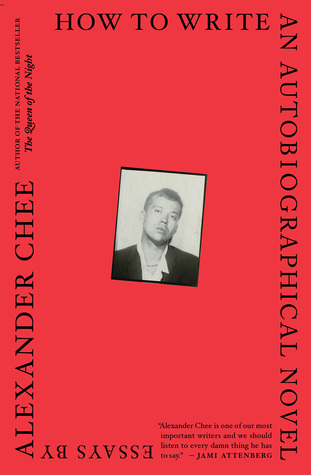The Writing Life
Narrative writing sets down details in an order that evokes the writer's experience for the reader, she announced. This seemed obvious but also radical - no one had ever said it so plainly to us. She spoke often of "the job." If you're doing your job, the reader feels what you felt. You don't have to tell the reader how to feel. No one likes to be told how to feel about something. [...]
We were to avoid emotional language. The line goes gray when you do that, she said. Don't tell the reader that someone was happy or sad. When you do that, the reader has nothing to see. She isn't angry, Annie said. She throws his clothes out the window. Be specific.
Narrative writing sets down details in an order that evokes the writer's experience for the reader, she announced. This seemed obvious but also radical - no one had ever said it so plainly to us. She spoke often of "the job." If you're doing your job, the reader feels what you felt. You don't have to tell the reader how to feel. No one likes to be told how to feel about something. [...]
We were to avoid emotional language. The line goes gray when you do that, she said. Don't tell the reader that someone was happy or sad. When you do that, the reader has nothing to see. She isn't angry, Annie said. She throws his clothes out the window. Be specific.

